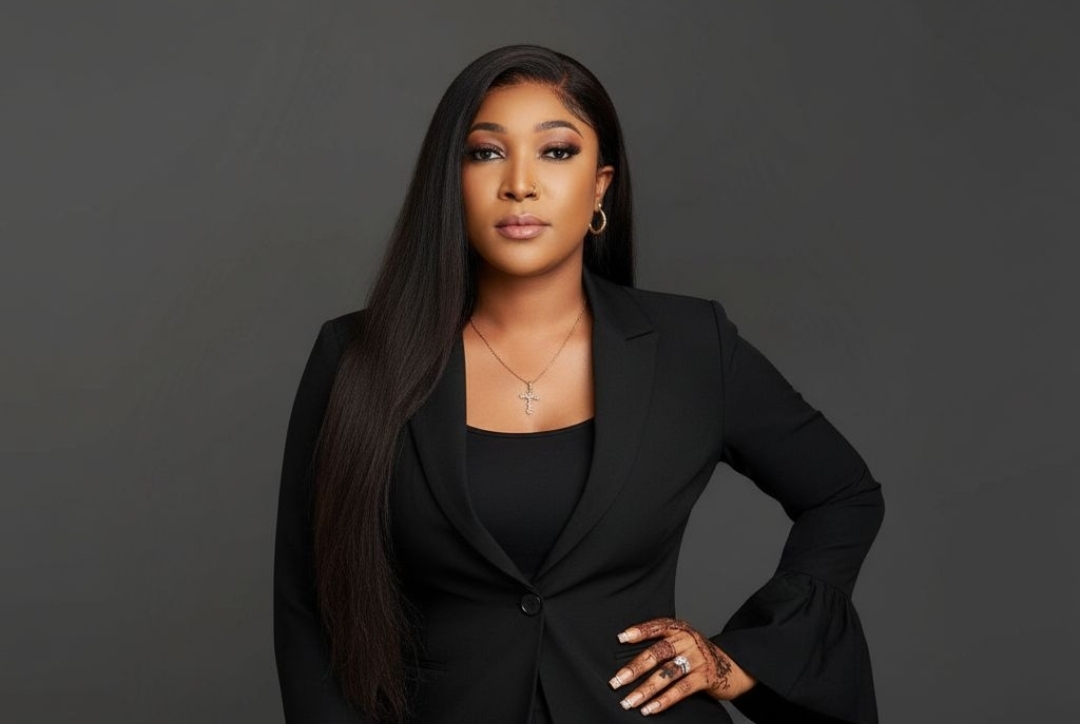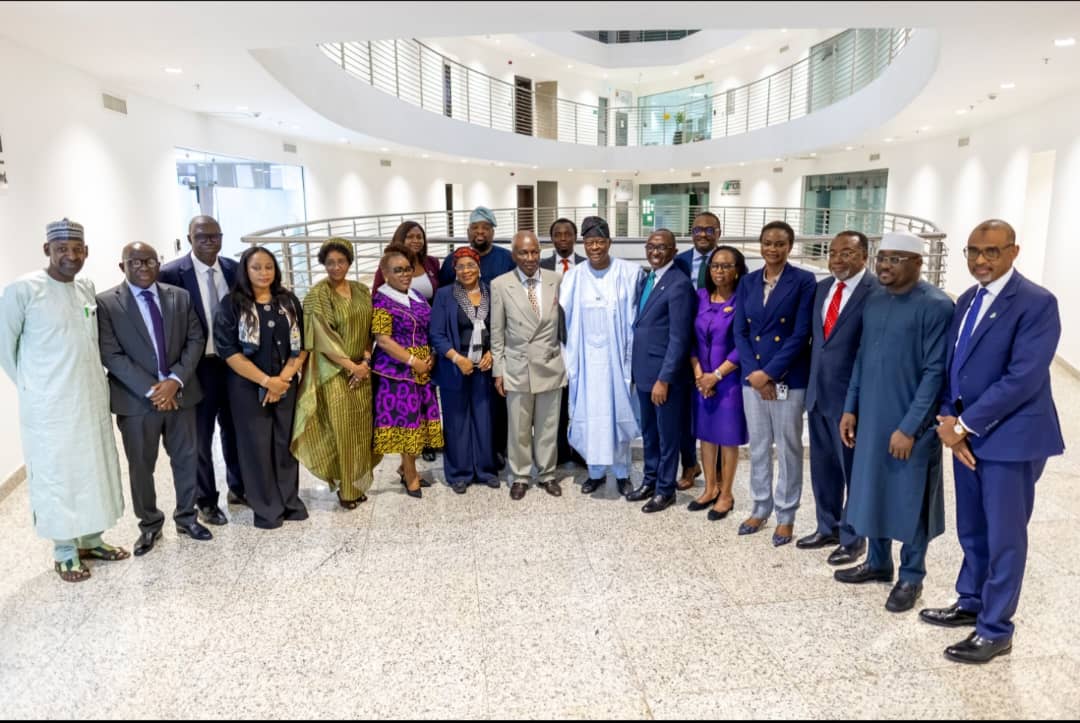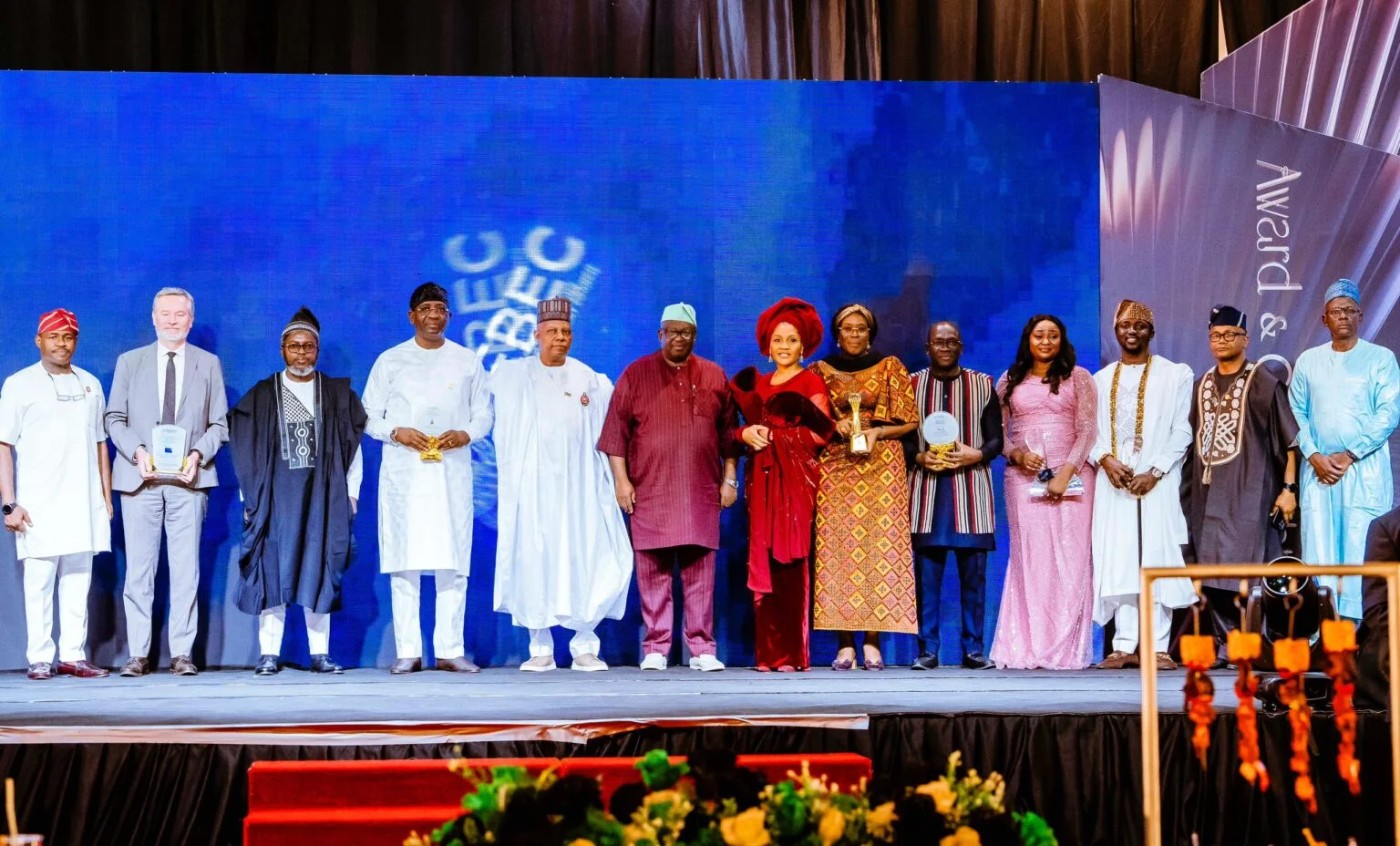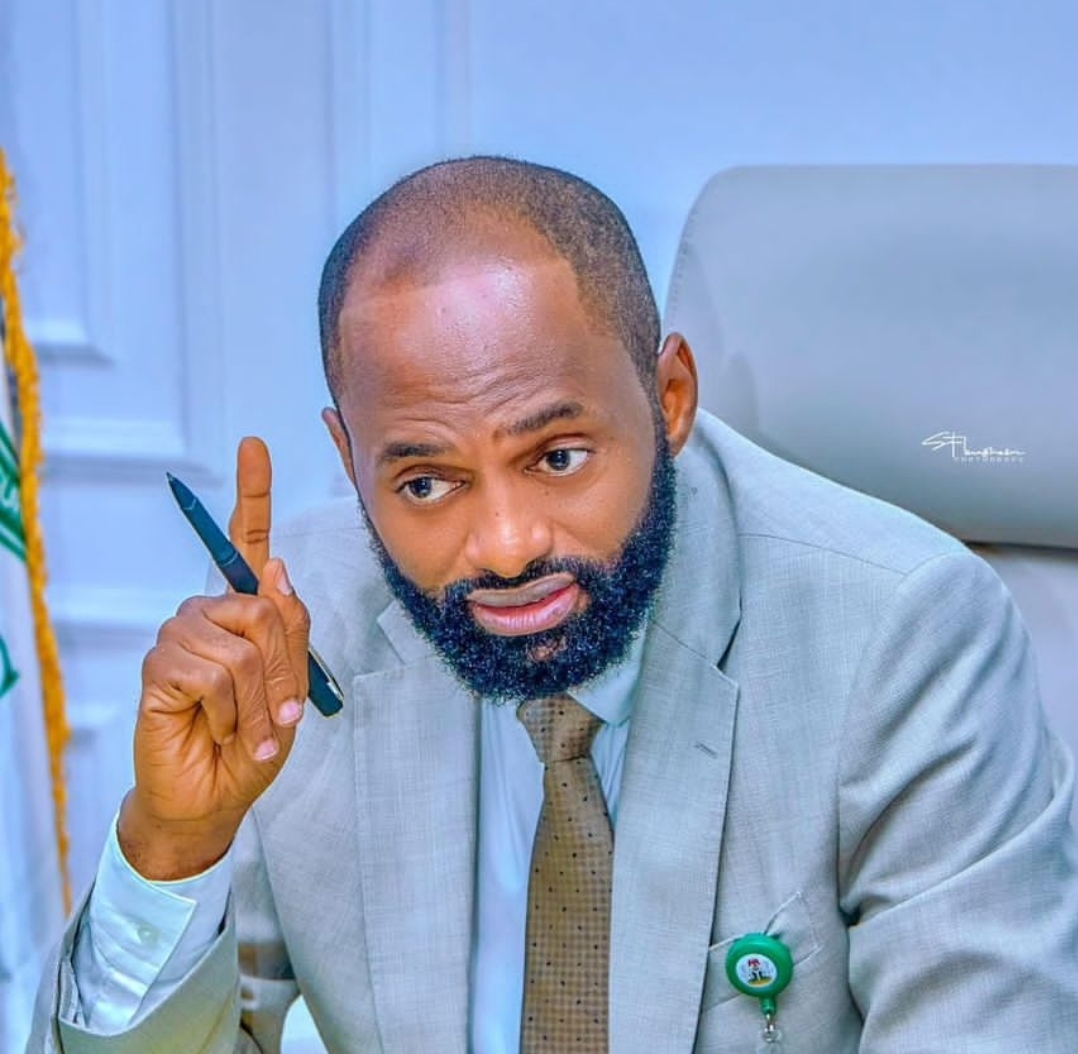No fewer than 500 journalists from within and outside Nigeria have undergone training in emerging digital journalism skills, courtesy of Polaris Bank.
Management of the bank said the gesture was aimed at equipping the journalists with the skills and knowledge needed to adapt to evolving media trends.
Held in Victoria Island, Lagos, the training had as its theme “Empowering Journalists in the Digital Age: Storytelling, Tools & Transformation.”
The bank in a statement issued on Sunday in Lagos, said the training was designed to help media professionals thrive in today’s fast-evolving journalism landscape.
In his welcome address, Rasheed Bolarinwa, Head of Brand Management and Corporate Communications at Polaris Bank, highlighted the institution’s longstanding commitment to media education.
He noted that the bank had been investing in such initiatives for over 12 years and remained a leading advocate of digital capacity building in the Nigerian media industry.
According to Bolarinwa, enhancing journalists’ skills benefits society at large.
Citing a Chinese proverb, he explained that Polaris Bank believed in teaching people to fish rather than simply giving them fish—an approach that informed the executive management’s annual support for the seminar.
The training featured sessions by two seasoned journalists: Mr Taiwo Obe, Founder and Director of The Journalism Clinic, and Mr Abayomi Adisa, a senior journalist with the BBC.
Obe reminded participants of journalism’s core mission—to provide citizens with the information they needed to make informed decisions about their lives, communities, and governments.
He traced the evolution of journalism since the early 2000s, particularly the rise of mobile journalism (MoJo), which enabled journalists to capture, produce, and disseminate news content in real-time.
Referencing Reuters’ 2007 introduction of the MoJo Toolkit—which included the Nokia N95, a small tripod, compact wireless keyboard, solar charger, and external microphone, he explained how mobile tools accelerated news delivery.
Obe encouraged journalists to explore free digital applications available on platforms like the Google Play Store.
He said these tools allowed reporters to go beyond traditional text by incorporating audio, video, and interactive graphics into their storytelling.
He also noted the increasing use of Artificial Intelligence (AI) in Nigerian newsrooms, especially for tasks such as copy editing, content illustration, strategy, and ad targeting—boosting both efficiency and creativity.
Obe further advised journalists to repurpose data from their stories into various formats such as guidebooks, archival materials, issue analyses, Q&As, and even books.
On his part, Adisa focused on writing for social media. He urged participants to create posts that compelled audiences to stop, engage, and share.
He shared strategies for crafting effective teasers and posts, stressing that content must be personal, relevant, engaging, shareable, and concise.
Adisa acknowledged the distractions prevalent on social media platforms and underscored the importance of producing content that was both influential and emotionally resonant.(NAN)





